Detroit 3 Protest Japan-US Trade Agreement

Japanese Prime Minister Shinzo Abe announced yesterday that an agreement has been reached with the U.S. that will phase out trade tariffs affecting car and truck imports. The Detroit 3 balked.
“After all the sacrifices made by taxpayers, autoworkers, dealers,suppliers, and other stakeholders that resulted in a necessary restructuring of the American auto industry, it is stunning that the U.S. government would endorse a trade policy that puts the industry at a competitive disadvantage and comes at the cost of American autojobs,” said Matt Blunt, former Missouri governor and president of the American Automotive Policy Council, which represents GM, Ford and Chrysler.
The agreement reached between the two governments will slowly phase out the 2.5 percent tariff on Japanese cars exported to the U.S. as well as the 25 percent tariff on trucks.
“By artificially weakening its currency, Japan enjoys a huge unfair advantage for their exportswhile impairing U.S. exports to Japan. That translates into lost jobsfor American workers. We’re for free trade, but it must be fair trade too,” Blunt said.
But effects from the elimination of those tariffs won’t be immediately apparent because the agreement will eliminate them over “the longest period of time possible,” according to a report by Automotive News.
Rep. Sander Levin, (D-MI) echoed the sentiment in a statement today.
“U.S. auto companies are a bulwark of the American economy and manufacturing sector and they can compete anywhere in the world when the playing field is level. But the facts are clear that Japan’s market is closed, evidenced by the fact that imports account for just 6 percent of total sales in Japan, compared with nearly half of total sales in the United States and other major auto markets.”
So what does all that mean in the U.S.? A study by the Center for Automotive Research (CAR) released in August, 2012, suggested eliminating the 2.5 percent tariff would result in 225,000 lost units of production in the U.S. and 95,500 jobs.

Luke is an energetic automotive journalist who spends his time covering industry news and crawling the internet for the latest breaking story. When he isn't in the office, Luke can be found obsessively browsing used car listings, drinking scotch at his favorite bar and dreaming of what to drive next, though the list grows a lot faster than his bank account. He's always on <A title="@lukevandezande on Twitter" href="http://twitter.com/lukevandezande">Twitter</A> looking for a good car conversation. Find Luke on <A title="@lukevandezande on Twitter" href="http://twitter.com/lukevandezande">Twitter</A> and <A title="Luke on Google+" href="http://plus.google.com/112531385961538774338?rel=author">Google+</A>.
More by Luke Vandezande



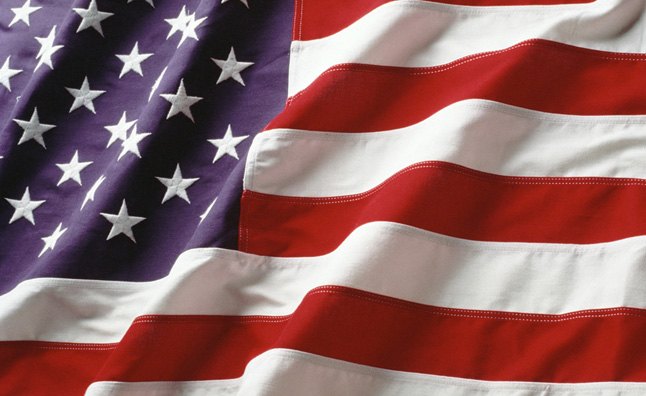
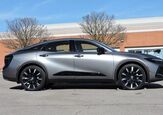












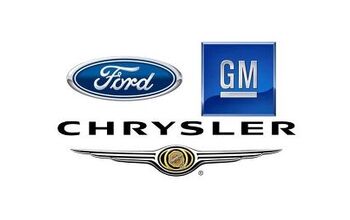




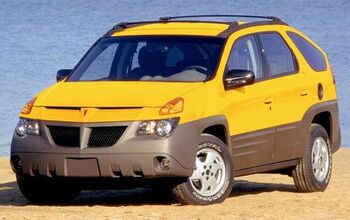
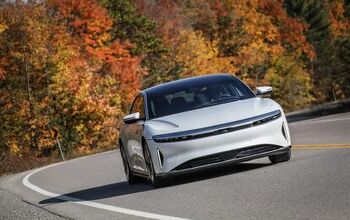
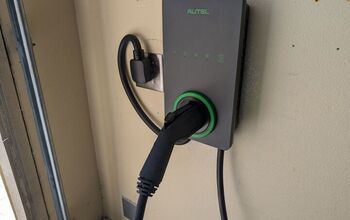







Comments
Join the conversation
Part of the reason U.S. cars traditionally don't sell in Japan is size. Simply put, even some urban Japanese streets are physically far too small for some larger U.S. automobiles. To provide some perspective, a Corolla sedan is considered a family car there. Chevrolet briefly had a deal with Toyota to sell the Cavalier as a captive import Toyota, and sold maybe 6,000 over the several years it was offered. If U.S. automakers want to open the Japanese market, they need to build cars that don't just compare in quality to JDM vehicles; they need to sell on size and features. U.S. automakers also have a very short memory when it comes to how long it took Japanese carmakers to convince Americans to buy something other than the Big Three...and what kind of crap cars came out of the Motor City under full tariff protection. I also take issue with the allegation that Japan is artificially weakening its currency. In the face of decreasing consumer confidence and multiple-dip recessions, especially in the hub cities, I doubt seriously that the current administration would do that if they wanted to keep their jobs. Japan is not enough of a tourist economy to make it profitable.
The popular japanese models that sell in the US are made in North America anyways. Does this tariff affect those models? It just benefits the small japanese companies that want to compete in the states but don't have the money to open an entirely new factory on US soil.